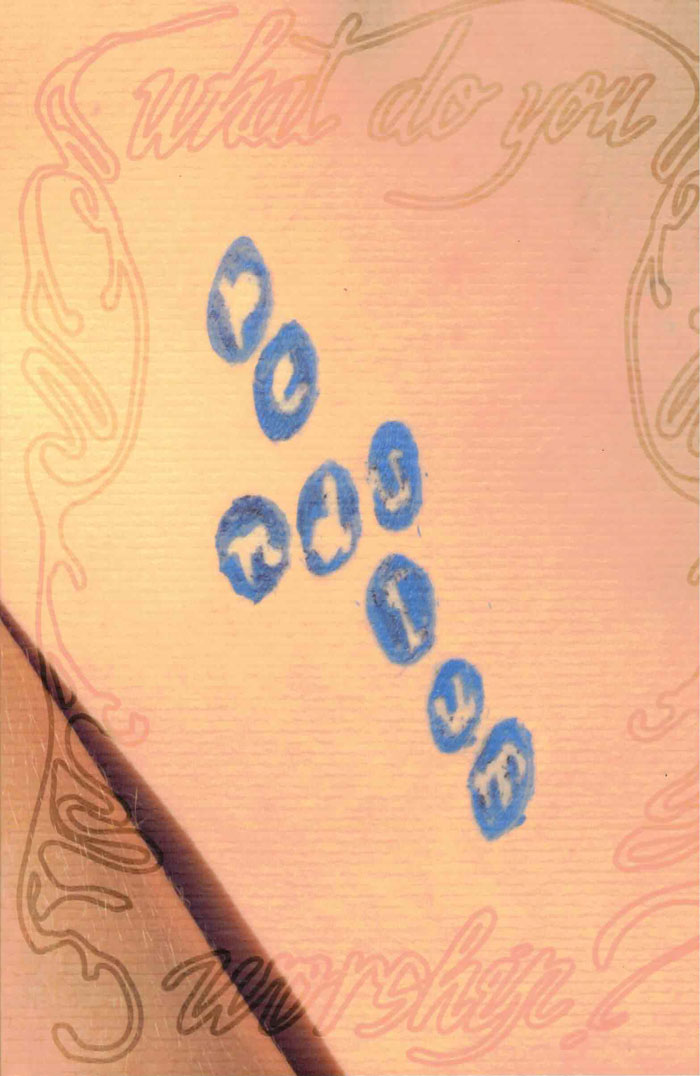
Kitchen Curse
Nominated for the Man Booker International, Eka Kurniawan brings his short stories into English for the first time.
Eka Kurniawan’s freewheeling imagination explores the turbulent dreams of an ex-prostitute, the hapless life of a perpetual student, victims of an anticommunist genocide, the travails of an elephant, even the vengeful fantasies of a stone. Dark, sexual, scatological, violent, and mordantly funny, these fractured fables span city and country, animal and human, myth and politics.
Like nothing else, Kurniawan’s stories bury themselves in the mind. His characters and insights are at once hauntingly familiar, peculiar, and twisted.
Language: English







